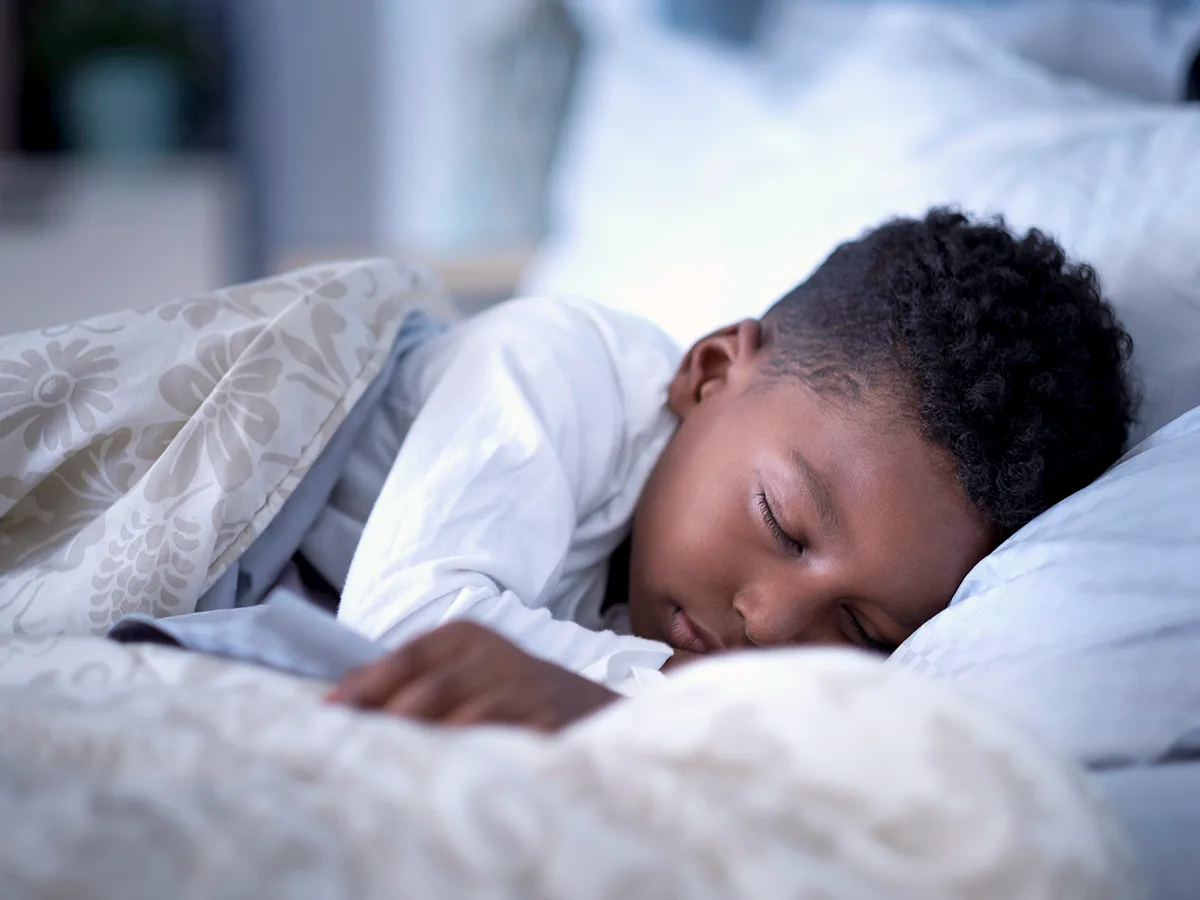8 ways to help tweens and teens get on a school sleep schedule
Lack of sleep can make it harder for kids to learn and do well in school. But it can be tricky to get kids on a school-friendly sleep schedule, especially after winter or summer break. If your tween or teen has been staying up late and then sleeping in, it’ll take time — and patience — to help them adjust. Here are some ways you can help your child get back on track.
1. Make small changes to wake-up time.
Don’t expect teens and tweens to start waking up three hours earlier, if that’s how late they’ve been sleeping in. Talk with kids about gradually adjusting their wake-up time and agree on a schedule. For example, start by having them wake up an hour earlier. Then gradually have them wake up earlier and earlier over the course of a week.
2. Slowly adjust bedtime, too.
Getting up earlier should make it easier to go to bed earlier. But many teens and tweens will resist an earlier bedtime. Help your child make small changes that slowly push bedtime up earlier.
3. Make sure kids get exercise.
Getting exercise during the day — yoga, sports, or even walking — can help teens and tweens sleep better at night. But make sure they slow things down about three hours before bedtime.
4. Discourage midday crashes.
If your child has been staying up really late, a midday nap might seem pretty tempting. Try not to let tweens and teens crash during the day, or they may be wide awake at bedtime.
5. Try to keep electronics out of the bedroom.
Teens are notorious for texting and using their phones long into the night. Discourage the temptation as best you can. A good strategy is to charge all family electronics in a common area, like the living room. You can also schedule “downtime” in the settings on many electronic devices.
6. Phase out electronics one hour before bedtime.
The stimulation of phones, computers, and video games at night can prevent kids from winding down. Give your child advance warning at night before the no-electronics rule goes into effect. This way your child has time to finish up conversations and games. You can use a cell phone contract to get everyone on the same page.
7. Encourage kids to create a bedtime routine.
Even teens need to cue their bodies for sleep. Talk with kids about what helps them feel ready to sleep and encourage them to build a bedtime routine. Some kids like putting on pajamas, doing a few stretches, and reading for 10 minutes to help get ready for bed.
8. Set the stage for sleep.
Teens and tweens may need reminders about creating a sleep-friendly environment. Help kids get their room ready for sleep by turning off the lights and closing the blinds. Keep the temperature in bedrooms cool.
Getting a good night’s sleep can be hard for tweens and teens, but kids need sleep to learn well. Get more tips for creating healthy sleep habits.





